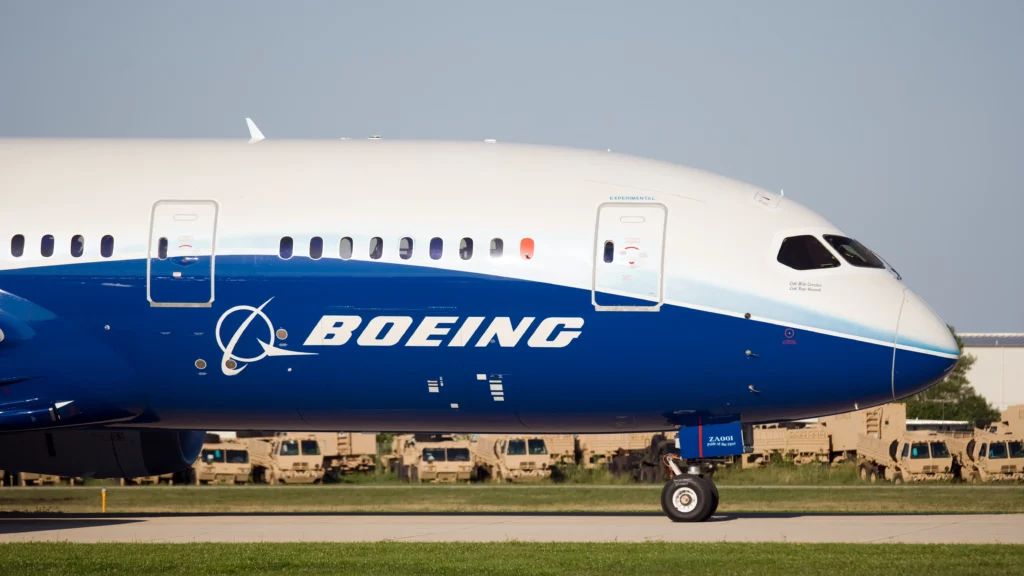Boeing, the renowned aerospace and defense company headquartered in Arlington, Virginia, reported a significant loss of $149 million in the second quarter of the fiscal year. Despite witnessing higher revenue, Boeing struggled with increased costs across its airline and defense businesses. This article delves into the factors contributing to the loss, the company’s efforts to recover, and its plans to boost production to meet growing demands.

Factors Behind the Loss:
Boeing’s Q2 loss was primarily attributed to a combination of factors impacting its operations. The company encountered supply-chain challenges that persisted throughout the quarter, leading to temporary delays in 737 deliveries due to fittings on the 737 Max and regulatory concerns regarding Dreamliner inspections. These issues resulted in additional costs and disrupted production schedules.
Furthermore, Boeing recorded significant charges related to specific projects, including a $257 million delay in the launches of its reusable space vehicle, Starliner, a $189 million increase in production costs for a military training jet, and a $68 million setback for delays in a defense refueling drone. These unexpected expenses further contributed to the overall loss.
Production Increases to Meet Demand:
Despite the financial setback, Boeing remains optimistic about its recovery prospects. The company is taking strategic steps to capitalize on the demand for newer, more fuel-efficient aircraft. To achieve this, Boeing plans to increase the production of its two most popular airline planes.
Firstly, the production of the 737 Max will see an increase from 31 to 38 planes per month. This move aims to cater to the rising demand for this aircraft model, which is known for its improved fuel efficiency and advanced features. Secondly, Boeing plans to boost the output of the larger, two-aisle 787 Dreamliner from four to five planes per month by the end of the year. This decision aligns with the growing interest in long-haul travel and the need for more spacious, comfortable aircraft.
CEO’s Perspective and Progress: Boeing’s CEO, David Calhoun, acknowledges the challenges the company faces but remains positive about the progress being made. He stated that there is still much work ahead, but they are gradually achieving stability in their factories and among suppliers. This stability is crucial to streamline production processes and mitigate supply chain disruptions.
Market Response and Analyst Expectations:
Surprisingly, despite the reported loss, Boeing’s stock experienced a positive response, surging over 3% in premarket trading on Wednesday. This reaction might be attributed to investors’ optimism about the company’s long-term recovery strategy and its commitment to increasing production to meet market demand.
According to a FactSet survey, analysts had expected a loss of 89 cents per share, but the reported loss amounted to 82 cents per share (excluding unusual items). This slightly better-than-expected performance could have further contributed to the positive market sentiment surrounding Boeing.
Source: finance.yahoo.com